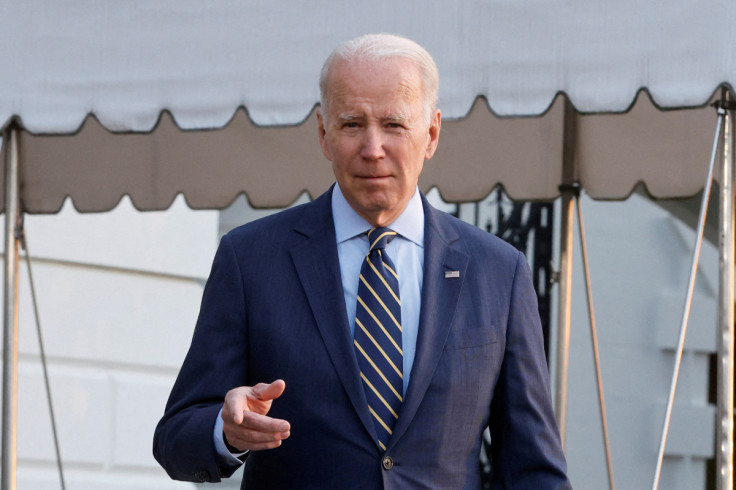Biden Administration To End COVID-19 Emergencies On May 11
President Joe Biden plans to end the twin national emergencies for addressing COVID-19 on May 11, the White House announced.
The move comes as the U.S. shifts away from treating COVID-19 as a national crisis about three years after the emergencies were first declared, AP News reported. The declarations were extended multiple times since the Trump administration first enforced them in 2020.
The Biden administration said it would be extending the emergencies for one last time to May 11.
"This wind down would align with the Administration's previous commitments to give at least 60 days' notice prior to termination of the (public health emergency)," the White House said Monday, as quoted by CNN.
The end of the national emergency and public health emergency declarations would alter the federal government's response to the virus, the administration said.
"To be clear, continuation of these emergency declarations until May 11 does not impose any restriction at all on individual conduct with regard to COVID-19. They do not impose mask mandates or vaccine mandates. They do not restrict school or business operations. They do not require the use of any medicines or tests in response to cases of COVID-19," the statement continued.
The plan was announced as the White House's response to two House bills that called for the emergency declarations to be brought to an immediate end, NPR reported.
The White House argued that the bills were uncalled for because the administration intends to bring the emergencies to an end anyway.
The bills were described as a "grave disservice to the American people" in the statement.
"An abrupt end to the emergency declarations would create wide-ranging chaos and uncertainty throughout the health care system — for states, for hospitals and doctors' offices, and, most importantly, for tens of millions of Americans," the statement said.
With the emergency declaration coming to an end, funds for testing and vaccinations would be affected and policies related to the pandemic would change. The new federal response to the virus would be to treat it as an endemic threat to public health that can be managed through agencies' normal authorities. Some of the government support would also come to an end.

© Copyright IBTimes 2024. All rights reserved.






















